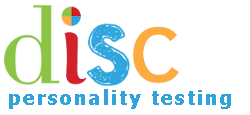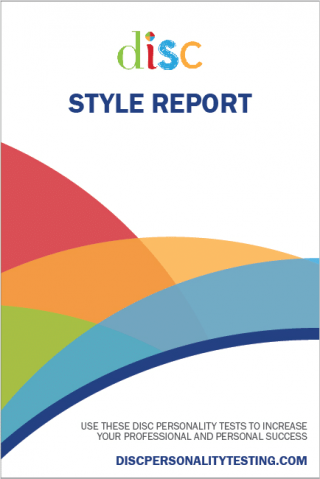When I’m in training or other public settings where the DISC model is being discussed, I often hear people say things like: “Hey, how’d you come out on that test?” When I hear that, I cringe just a little because it’s not really an accurate way to talk about the DISC assessment and it can make people feel a bit uncomfortable when they discuss their results.
Tests are used to find out what you know or don’t know or what is good or bad about something. Assessments are used to learn about a perspective or way of thinking.
Tests have right and wrong answers. Assessments just have answers that are neither right nor wrong.
The DISC Assessment is an assessment. It is not a test.
This point might sound like a matter of semantics that isn’t really important, and I think the difference is critically important.
When people see the DISC assessment as a test, they tend to get nervous or over-think it because they don’t want to get it “wrong.”
In reality, it’s an assessment with no right or wrong answers. There are only answers that reflect a person’s view or perspective. There is no way to get it wrong.
When we view the DISC profile instrument as a test, it tends towards labeling, stereotyping and other potentially negative uses for the tool. While we can’t stop people from labeling, stereotyping and judging others based on the results in a DISC assessment report, we do not want to promote that application of the information.
We prefer to promote the use of the DISC model as a way to better understand people so that we can build healthier and more productive relationships. That aim is why we prefer to call our tool a DISC assessment rather than a DISC test.
All of this discussion begs a question: “Why do we call our site DISC Personality Testing when we would prefer to call it an assessment?”
The answer is one of practicality rather than preference.
Most people talk about the DISC model and the assessment tool as a “DISC test.” We live in a world where that is the common language even though we don’t really prefer it.
We have also learned that if we want to have a conversation with someone, we have to first connect with them the way they speak rather than insist on them speaking the way that we do. Then, after we have built a trusting relationship, we might get the opportunity to share our perspective with them. So, we connect the way that people are likely to find us and then hope that we can have a conversation that leads to both of us understanding each other’s perspective in a better way.
Thus, we nod to practicality and call our site DISC Personality Testing so that we can make that first connection with people rather than call it DISC Personality Assessments and miss the chance to talk at all.

